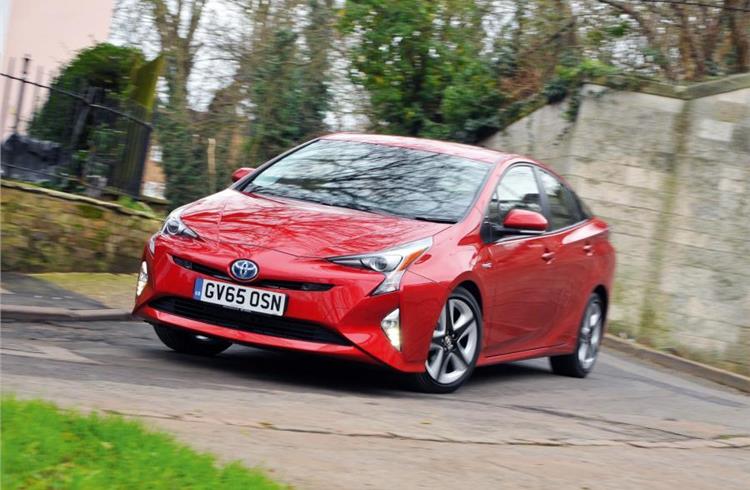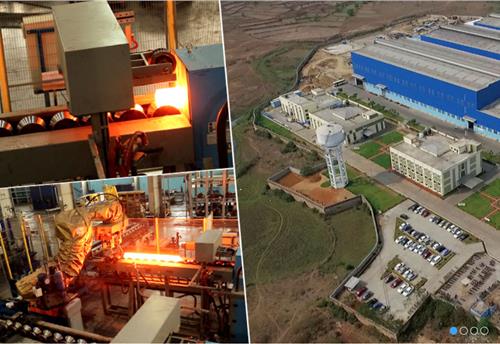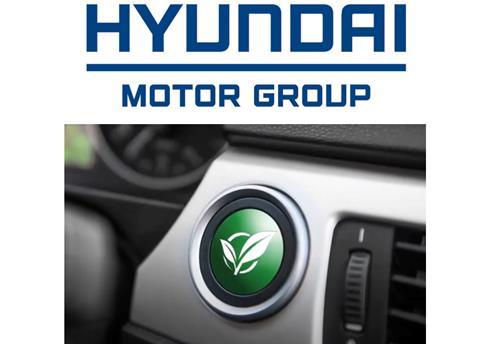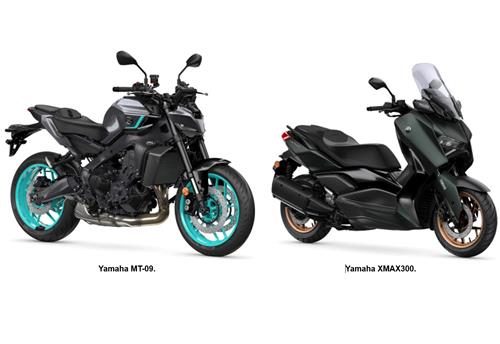Internal combustion engine to be dead by 2050, says Toyota R&D boss
The engine will be gone for good by 2050, according to a Toyota executive, with just 10% of cars running hybrid systems
Toyota expects the internal combustion engine to be dead by 2050, and power only about 10 percent of cars as part of hybrid systems from 2040 onwards.
The prediction, announced by Seigo Kuzumaki, Toyota’s head of advanced R&D and engineering, re-emphasises that car makers are expecting global emissions regulations to tighten, and electric car development to accelerate, at a pace that will end the sale of combustion engined cars globally by that point.
“We expect that by 2050 we will have reduced CO2 emissions from vehicles by 90 percent compared to the figure in 2010,” said Kuzumaki. “To achieve that from 2040 simple internal combustion engined cars will not be made, but they may be the basis of some hybrid or plug-in hybrid cars.”
Kuzumaki’s comments also reconfirm that the announcement in July by UK Environment Secretary Michael Gove that the sale of new combustion-engined cars would be banned by 2040 - subsequently clarified the same day to state that new hybrid cars would be allowable - is likely behind car makers’ own planning, because it is in line with Toyota’s goals for both developed and developing economies.
At present, Toyota sells around 43 percent of all electrified vehicles globally, with the Prius being the best selling electrified vehicle in the world, with more than 11m sales to date. The best-selling full electric vehicle, the Nissan Leaf, currently sells around 50,000 units annually.
Toyota is planning the launch the first of a family of electric vehicles from 2020. Although the early models are expected to use lithium ion batteries and fall in line with the industry-standard of around 300 miles of range, it expects to have be able to productionise solid state batteries by “the early 2020s” according to Ise.
The arrival of solid state batteries is seen by Toyota as a key breakthrough in electric car technology; they are smaller, safer and will offer substantially greater performance than today’s units.
“We hold more patents on solid state batteries than any other company,” said Kuzumaki. “We are getting close to developing cars using the technology, and we believe that we will be ahead of our rivals in achieving that.”
RELATED ARTICLES
Ramkrishna Forgings to supply powertrain parts to USA’s largest electric carmaker
Indian manufacturer of rolled, forged and machined products marks its debut in the US electric vehicle market.
Hyundai and carbon fibre specialist Toray to develop lightweight, high-strength materials
Partnership aims to secure capabilities to develop lightweight and high-strength materials for environmentally friendly ...
Yamaha wins Red Dot product design awards for MT-09 and XMAX 300
The latest awards mark the 13th year in a row – every year since 2012 – that a Yamaha Motor product has received a Red D...





 15 Nov 2017
15 Nov 2017
 2798 Views
2798 Views





 Autocar Pro News Desk
Autocar Pro News Desk




